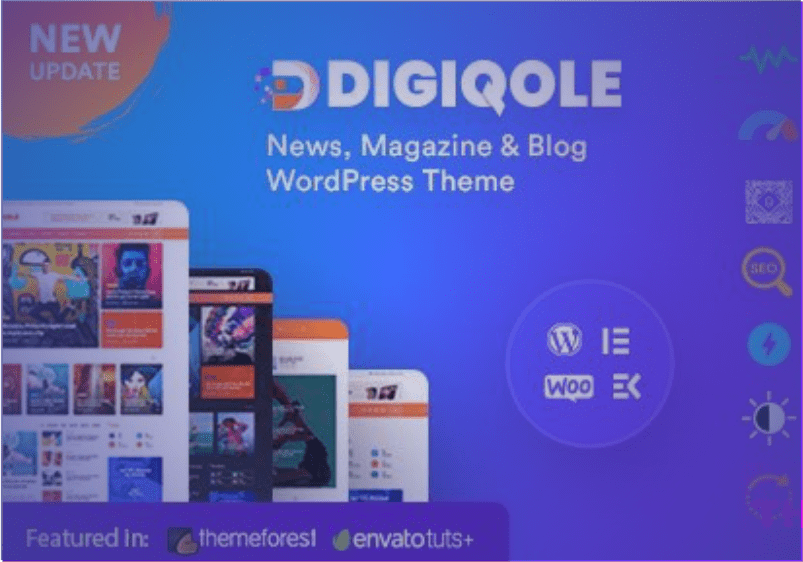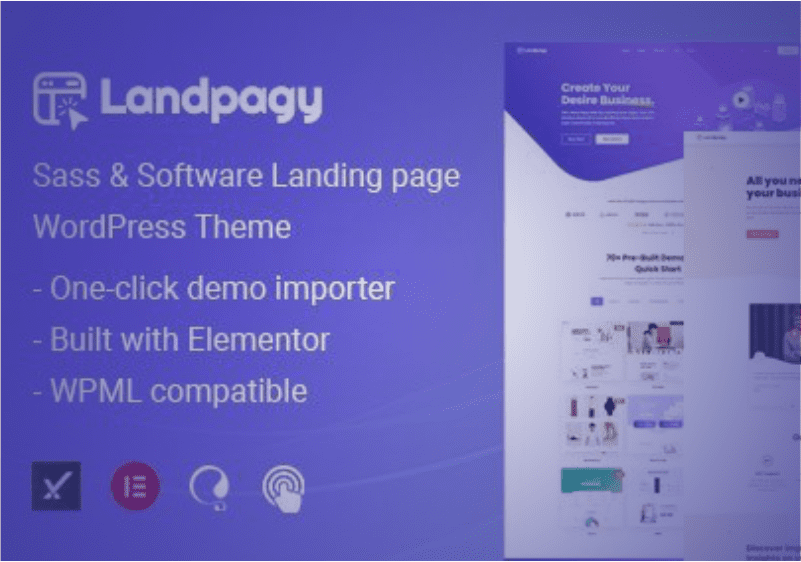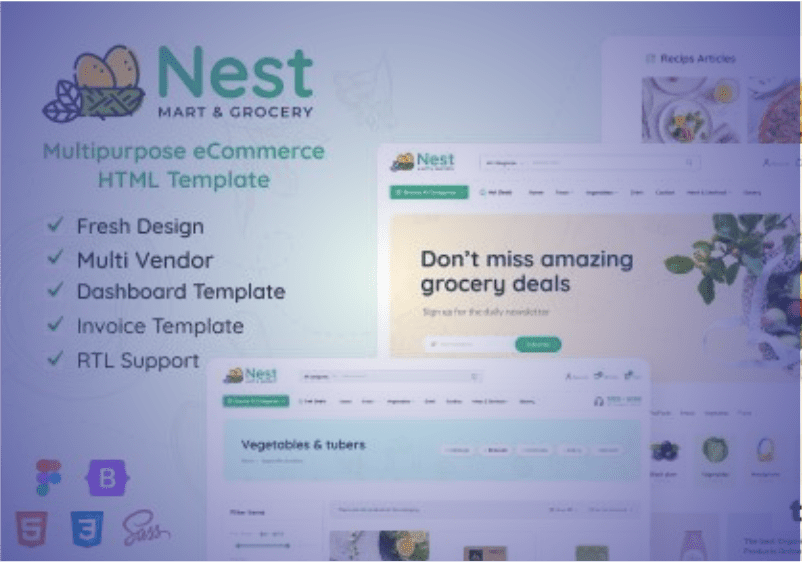Marketing Channels In The UK
Marketing is now a complicated web of platforms, customer touchpoints, and strategies in today’s hyperconnected economy. Understanding marketing channels is crucial for anyone looking to expand their brand, raise visibility, and eventually turn interest into devoted customers, particularly in the UK, where digital innovation and traditional commerce seamlessly blend. This comprehensive, humanised essay provides all the information you require regarding UK marketing channels, regardless of whether you are a small business owner, a marketing student, or an international brand looking to join the UK market.
Marketing Channels refer to the paths or platforms through which products, services, or messages move from businesses to consumers. These channels can be direct, such as selling through a brand’s own website, or indirect, like partnering with retailers or using third-party marketplaces. In the UK, with its digitally savvy consumers and evolving media consumption habits, companies must consider a broad mix of channels to remain relevant and competitive.
The Digital Boom and the UK Consumer
Over the past decade, the UK has experienced a digital marketing boom. With over 95% internet penetration and a population that actively shops online, brands have shifted focus from traditional avenues to digital-first strategies. UK consumers are highly informed and demand personalised, value-driven communication. The digital landscape in the UK is mature, and marketers need to consider the implications of GDPR, cookie preferences, and transparent advertising to succeed.
Social media platforms such as Facebook, Instagram, LinkedIn, Twitter (now X), Snapchat, and TikTok play a major role in UK marketing strategies. British users spend hours each day interacting with content, engaging with brands, and making purchase decisions via social platforms. In the UK, TikTok has particularly exploded among younger audiences, making influencer marketing and short-form videos essential tools for modern campaigns. LinkedIn, on the other hand, is widely used for B2B engagement.
Email Marketing
Despite the emergence of newer platforms, email marketing remains one of the most effective and direct ways to reach UK consumers. It allows brands to deliver tailored messages, updates, offers, and storytelling directly to their audience. Open rates and click-through rates are often higher in the UK when content is personalised, relevant, and timed appropriately. Email marketing tools like Mailchimp, HubSpot, and ConvertKit are commonly used by UK businesses, from startups to large corporations.
Search engines, particularly Google, dominate the digital landscape in the UK. Paid search marketing or PPC (Pay-Per-Click) enables businesses to target specific keywords and appear at the top of search engine results. This channel is especially effective for eCommerce, local businesses, and service providers looking to generate instant visibility. Google Ads is the dominant platform, but Bing also holds a significant share in the UK, especially among older demographics and government users.
Content Marketing and SEO in the UK
Content marketing is essential in a market as information-driven as the UK. From blog posts to whitepapers, videos, and infographics, content helps brands educate, inform, and build trust. Combined with SEO (Search Engine Optimization), content becomes a powerful long-term asset. UK audiences respond well to insightful, well-researched, and region-specific content. Businesses often localise their SEO strategies to match British spelling, cultural references, and local keywords for better engagement and ranking.
Influencer marketing has become a dominant channel in the UK, especially among fashion, beauty, tech, and food industries. Micro and nano influencers often enjoy higher engagement rates than celebrities because they maintain authenticity and trust. UK influencers on platforms like Instagram, TikTok, and YouTube collaborate with brands to create product reviews, tutorials, lifestyle content, and more. Regulations from the Advertising Standards Authority (ASA) require transparency in influencer marketing, ensuring trust between brands and consumers.
Traditional Channels Still Holding Strong
While digital channels dominate modern marketing, traditional platforms still hold significant value in the UK. Television advertising, especially during prime-time events and on channels like BBC, ITV, and Channel 4, continues to reach millions. Radio advertising via BBC Radio, Heart, and Capital FM offers localised targeting with broad reach. Print advertising in newspapers like The Times, The Guardian, or magazines like Vogue UK remains effective for targeting premium audiences.
In-store promotions, displays, and POS (Point of Sale) marketing are still very relevant in the UK retail sector. Physical stores, especially in high streets, shopping centres, and supermarkets, allow brands to create immersive experiences. Retailers such as Tesco, Sainsbury’s, and Marks & Spencer work with brands to develop co-branded in-store promotions. Even in a digital age, British shoppers appreciate in-person experiences, free samples, and visible branding.
Affiliate and Partnership Marketing
Affiliate marketing is another popular channel in the UK, particularly in sectors like fashion, travel, and technology. Brands partner with content creators, publishers, and deal sites to drive traffic and conversions in exchange for a commission. Sites like TopCashback, Quidco, and VoucherCodes are heavily used by British consumers looking for deals and discounts. When executed correctly, affiliate marketing can generate high ROI with minimal upfront costs.
From festivals to trade shows and pop-up shops, event marketing in the UK creates emotional connections with consumers. Brands often launch experiential campaigns in cities like London, Manchester, and Birmingham to capture attention and drive engagement. Major events like Glastonbury, London Fashion Week, or The Ideal Home Show offer sponsorship and activation opportunities. These experiences often amplify online buzz, especially when combined with social media campaigns.
SMS and WhatsApp Marketing
Text messaging is gaining renewed interest as a marketing channel in the UK. SMS has high open rates, and platforms like WhatsApp Business are being used for promotions, appointment reminders, and direct communication. British consumers, especially millennials and Gen Z, value quick, concise updates that respect their time. However, it’s crucial for brands to use this channel responsibly, maintaining consent and avoiding spam.
With the majority of UK internet traffic coming from mobile devices, mobile app marketing has surged in popularity. Businesses in retail, finance, food delivery, and fitness leverage their apps to retain users and offer exclusive deals. App Store Optimisation (ASO), push notifications, and mobile ads all form part of a cohesive mobile marketing strategy tailored to the UK’s tech-savvy population.
YouTube and Video Marketing
Video content consumption is booming in the UK, with YouTube as the dominant platform. Brands use YouTube to educate, entertain, and advertise, often through skippable ads, branded content, and collaborations with UK YouTubers. British audiences prefer authentic, value-driven videos — whether it’s product demos, how-to guides, or behind-the-scenes clips. TikTok and Instagram Reels are also being leveraged as short-form video platforms to maximise visibility and engagement.
Local SEO and localised campaigns are vital for businesses targeting specific cities or regions in the UK. Whether you’re a café in Bristol, a boutique in Edinburgh, or a service provider in Leeds, local marketing strategies — like Google My Business listings, local press features, and community partnerships — drive foot traffic and brand familiarity. Consumers in the UK often prefer supporting local businesses that share their values and contribute to the community.
Data and Analytics in UK Marketing
One of the most crucial aspects of any marketing strategy in the UK is analytics. Brands use data to track performance, optimise campaigns, and refine their messaging. Popular tools include Google Analytics, SEMrush, Ahrefs, and UK-specific research from sources like Ofcom or Statista UK. GDPR compliance remains a top priority when handling data, making transparency and user consent critical components of UK marketing strategy.
In the UK, leading brands are transitioning from multichannel approaches (using multiple separate platforms) to omnichannel marketing (integrated experiences across all platforms). For instance, a customer might see an Instagram ad, visit the website, receive an email, and later buy in-store — all seamlessly connected. Omnichannel strategies ensure consistency, build trust, and enhance customer experience in a market where competition is fierce and expectations are high.
Challenges and Regulations in UK Marketing
Marketers operating in the UK must stay informed about advertising laws and ethical standards. The ASA enforces strict rules about misleading advertising, influencer transparency, and data use. Additionally, Brexit has introduced changes in cross-border marketing, especially for eCommerce and logistics. Navigating these legal frameworks is critical to building sustainable and compliant campaigns in the UK.
Looking ahead, emerging technologies like artificial intelligence, voice search, and augmented reality are set to redefine marketing channels in the UK. Brands that invest in innovation, user experience, and ethical marketing will thrive. As UK consumers become even more selective and privacy-conscious, trust and transparency will be as important as creativity and reach.
Conclusion
Marketing in the UK is not a one-size-fits-all journey. It’s a dynamic mix of digital innovation, cultural sensitivity, traditional values, and evolving technology. From social media influencers to email newsletters, from in-store displays to mobile apps, every channel plays a part in building lasting relationships with customers. The key is to understand where your audience is, what they value, and how you can authentically reach them — wherever they may be.
By mastering the marketing channels available in the UK and staying attuned to trends, you’ll be well-positioned to launch campaigns that not only perform but leave a lasting impact on one of the world’s most competitive and rewarding markets.












